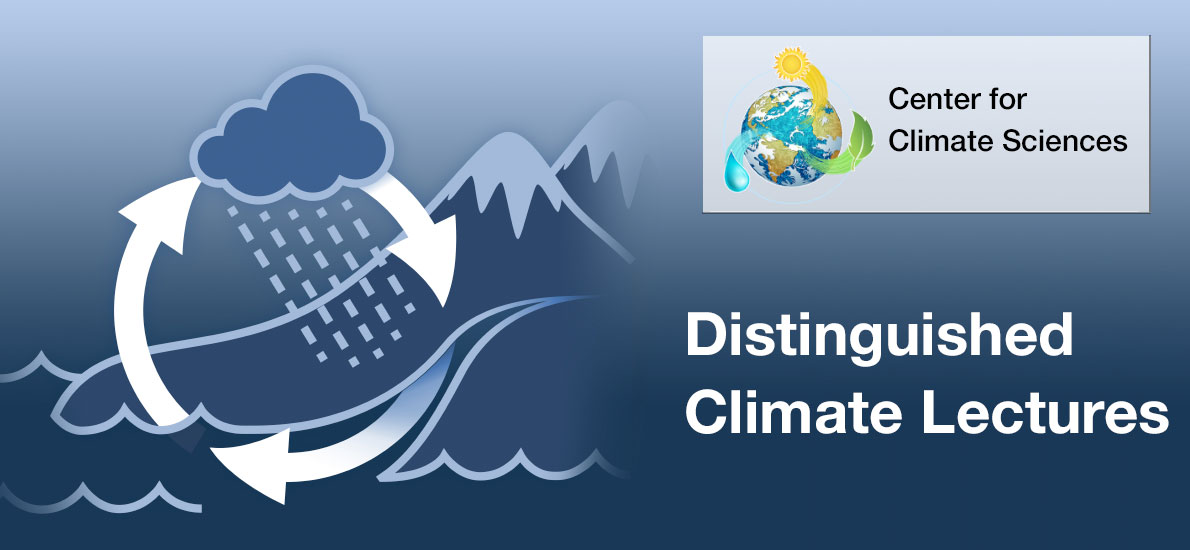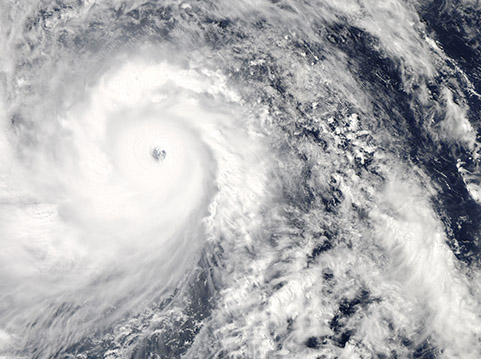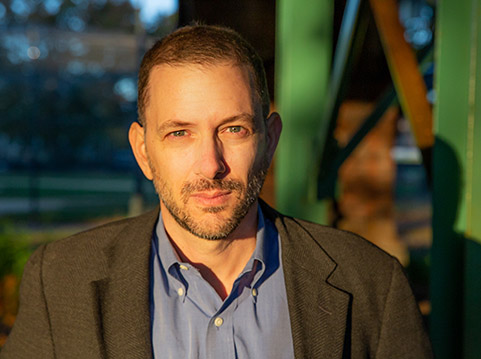Seminars
Climate risk science, fundamental and applied
December 8, 2023
| 180-101 conference room (in person) & WebEx, 11:00 am PT
› view lecture

About this Lecture

Climate risks are now being taken into account in an ever-widening range of human activities. Risk is the product of hazard (the component related to climate; e.g., the probability of a given level of flooding, heat, wind, etc.), exposure (the assets at risk, which can include human or nonhuman lives), and vulnerability (the level of loss experienced for a given level of hazard). Each can be represented with different degrees of complexity, different balances of empiricism vs. first principles, different spatial or temporal resolutions, and --- perhaps most importantly --- different ways of representing (or not representing) the many uncertainties. These choices are made differently in different application areas, for reasons that often appear to be historical accidents rather than compelling scientific arguments. Recent progress in the private sector is exciting, but inhibited by the lack of openness there. I will argue that there is a great need for an explicit, open hierarchy of climate risk and impacts models --- as exists in basic physical climate science --- and that this presents a great intellectual opportunity. Put another way, we need an academic discipline of climate risk, including a theoretical dimension. A few results from our own group’s work on tropical cyclone risk will be used to illustrate parts of the argument.
About

Adam Sobel is a professor at Columbia University’s Lamont-Doherty Earth Observatory and its Engineering School. He studies the dynamics of climate and weather, especially in the tropics. In recent years he has become particularly focused on quantifying and understanding the risks to society from extreme weather events and climate change, and has been working with the (re)insurance industry as well as government and nonprofit partners on this. Sobel is author or co-author of over 200 peer-reviewed scientific articles; a book, Storm Surge (Harper-Collins), about Hurricane Sandy and climate change; and many op-eds and articles in the mainstream media, including the New York Times, CNN, Los Angeles Times, and many others. He is a fellow of the American Meteorological Society and the American Geophysical Union. He currently hosts a podcast, Deep Convection, featuring wide-ranging conversations with other climate scientists.
